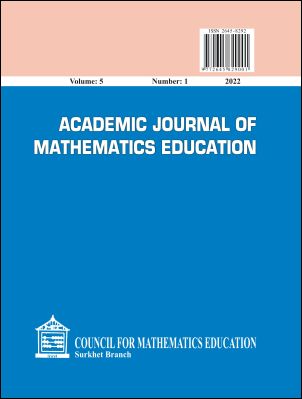Retaliation Between Students Engagement and Academic Achievement: A Case of Tribhuvan University, Nepal
DOI:
https://doi.org/10.3126/ajme.v5i1.54536Keywords:
Cognitive engagement, behavioral engagement, affective engagement, academic engagementAbstract
Students' devotion to learning with their learning activities refers to engagement in learning. This paper is based on a study aimed to examine the impact of students' engagement on their academic achievement. The survey design was adopted to conduct the study. Only 335 students by using accidental sampling were included in the study. Likert-type scale was adopted for data collection and SEM was used to analyze the data. The result showed that student learning engagement significantly predicts their achievement. Moreover, among cognitive, affective and behavioural only the affective domain significantly predicts achievement. It is concluded that belief and attitude were the main driving factors for university-level students about their learning. Thus, belief and attitude need to be strong toward learning for a good level of achievement rather than what they say and do in the classroom.
Downloads
Downloads
Published
How to Cite
Issue
Section
License
© Academic Journal of Mathematics Education




